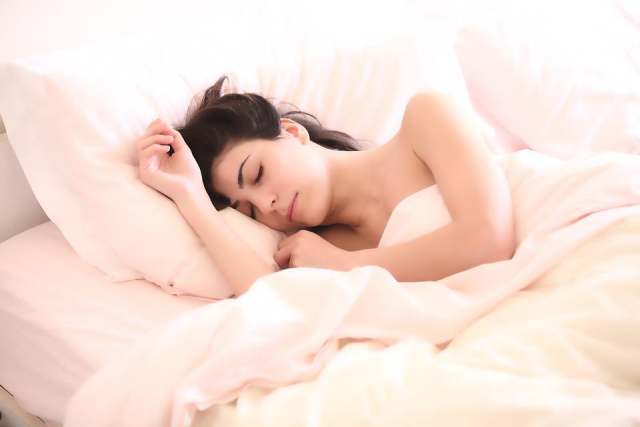According to researchers at Stony Brook University, sleeping in a lateral sleeping position or side position, as opposed to sleeping on one’s back or stomach, may more effectively remove brain waste and prove to be an important practice for reducing the risk of developing Alzheimer’s, Parkinson’s, and other neurological diseases.
The study, published in the Journal of Neurodegeneration, found that the lateral sleeping posture is the most prevalent in humans and several other species. The importance of this study lay in the fact that the accumulation of waste substances in the brain may lead to neurological disorders.
Other contributions to glymphatic clearance cited by the study authors from prior research included Omega-3 fatty acids, which are present in marine-based seafood, and moderate alcohol use.
Please help us out :
Will you offer us a hand? Every gift, regardless of size, fuels our future.
Your critical contribution enables us to maintain our independence from shareholders or wealthy owners, allowing us to keep up reporting without bias. It means we can continue to make Jewish Business News available to everyone.
You can support us for as little as $1 via PayPal at [email protected].
Thank you.
Dr. Helene Benveniste led research and is a Professor in the Departments of Anesthesiology and Radiology at the University School of Medicine, has used MRI for several years to examine the glymphatic pathway (the system for waste clearance in the brain) in mice.
Amyloid and tau proteins are the most dangerous chemicals that negatively affect brain processes if they build up. The accumulation of waste substances in the brain, such as Amyloid and tau proteins, negatively affects brain processes. If they build up, it may lead to the onset of Alzheimer’s disease and other neurological disorders.
Sleeping and posture
During sleep, lymphatic clearance most efficiently removes chemical waste from the brain. “The analysis showed us consistently that glymphatic transport was most efficient in the lateral position when compared to the supine or prone positions,” said Dr. Benveniste.
“It is interesting that the lateral sleep position is already the most popular in human and most animals — even in the wild — and it appears that we have adapted the lateral sleep position to most efficiently clear our brain of the metabolic waste products that built up while we are awake,” says Dr. Maiken Nedergaard.
“The study, therefore, adds further support to the concept that sleep subserves a distinct biological function of sleep and that is to ‘clean up’ the mess that accumulates while we are awake.
“Many types of dementia are linked to sleep disturbances, including difficulties in falling asleep. It is increasingly acknowledged that these sleep disturbances may accelerate memory loss in Alzheimer’s disease. Our finding brings new insight into this topic by showing it is also important what position you sleep in,” she explained.
Study author David Wright wrote, “The reasons for this are not yet fully understood, but possibly relates to the effects of gravity, compression and stretching of tissue.”





